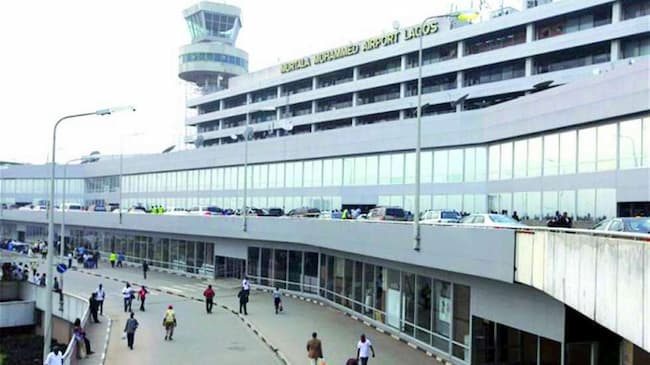The Federal Government revealed on Wednesday that Nigeria’s oil production is currently roughly one million barrels per day below its technically permissible potential. It blamed problems including a lack of investments, uncertainty, and a decline in hydrocarbon funding brought on by the energy transition, among others, for the poor oil output.
At the host communities sensitization session with the theme “The Implementation of The Host Communities Development Trust,” held in Abuja, the government made this announcement via the Nigerian Upstream Petroleum Regulatory Commission.
“While the commission is prioritising efforts towards increasing oil and gas production and ensuring maximum federation revenue through the optimisation of oil and gas value chain, the efforts have been constrained by a myriad of challenges.
“These challenges range from insecurity, low investment, and de-prioritisation of funding of hydrocarbon development arising from the energy transition. Currently, Nigeria has the technical allowable capacity to produce about 2.5 million barrels of oil per day. However, arising from the highlighted challenges, our current production hovers around 1.5 million barrels of oil and condensate per day,” the Chief Executive, NUPRC, Gbenga Komolafe, stated.
The workshop, according to Komolafe, who was represented by Kelechi Ofoegbu, the NUPRC’s Commissioner for Economy, Regulatory, and Strategic Planning, will raise awareness of the host community provisions in the Petroleum Industry Act 2021 and offer a forum for information sharing.
He asserted that the provisions would be carried out in a way that would benefit the residents of the Niger Delta and other towns that are host to the production of oil and gas.
“Our objective in this workshop is to create further awareness on this very important piece of legislation and provide updates on the commission’s activities geared towards the implementation of the regulations for Nigeria oil and gas industry.
“It is to provide a clear roadmap for the implementation of the Host Communities Development Trust to enhance peaceful and harmonious co-existence between oil and gas industry operators and host communities, and ultimately support the development of host communities,” the NUPRC boss stated.
He explained that to further stem the tide of sabotage and third-party interferences on oil and gas critical infrastructure, the PIA had in effect domesticated the protection of our oil and gas infrastructure to the host communities.
“One critical milestone under the PIA is the incorporation of Host Communities Development Trust by the settlor provided for in Section 235 as well appointment of Board of Trustees by the settlor in consultation with the host communities. The settlors are the oil and gas companies operating within host communities.
“Section 240 (2) of the PIA stipulates that each settlor, where applicable through the operator, shall make an annual contribution to the applicable host communities development trust fund of an amount equal to three per cent of its actual annual operating expenditure of the preceding financial year in the upstream petroleum operations affecting the host communities for which the applicable host community’s development trust fund was established.
“In addition, Section 247 of the Act requires the Board of Trustees to set up a management committee which shall be responsible for the general administration of the Host Communities Development Trust Fund,” Komolafe explained.
He further told chiefs of host communities and other participants at the workshop that so far, the commission had approved 75 Host Community Development Trusts, out of which 41 have been fully incorporated by the Corporate Affairs Commission.
“We have also pre-qualified a total of 19 fund managers and commenced the process of establishing a baseline of ongoing community development projects, in preparation of ensuring the migration of such into the HCDTs.
“In addition, the commission has in partnership with an OEM (Original Equipment Manufacturer) developed an industry intelligent, digital automated platform for reporting and monitoring the Host Community Development Trust for transparent administration of the HostCom provisions of the PIA,” Komolafe stated.
He said the portal had been designed to meet specific requirements of HCDT as enshrined in the PIA and would aid all stakeholders, including the settlors, Board of Trustees, management committees, advisory committees, fund managers, etc, to fulfil their obligations to host communities and promote accountability and transparency in the management of the HCDT programme.
“The portal will also enable quick feedbacks from the stakeholders and the public for the commission to carry out its regulatory oversight effectively,” the NUPRC executive stated.













